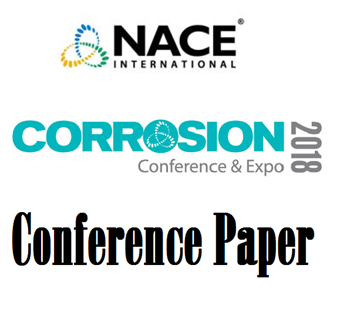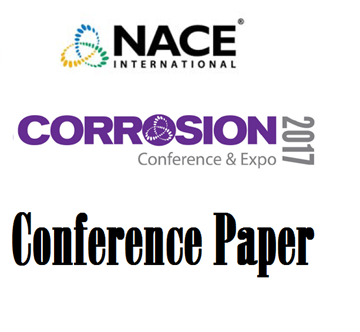Search
51314-3831-The Service History and Performance of Titanium in Geothermal Systems
Also Purchased
51318-11547-Development of New Titanium Products and Alloys for Geothermal Well Casing
Product Number:
51318-11547-SG
Publication Date:
2018
$20.00
Geothermal Corrosion: High-Temperature Pitting of Stainless Steels and Ni-Alloys
Product Number:
51317--9269-SG
ISBN:
9269 2017 CP
Publication Date:
2017
$20.00
09377 Evaluation of Corrosion Resistance for Materials in Geothermal Applications
Product Number:
51300-09377-SG
ISBN:
09377 2009 CP
Publication Date:
2009
$20.00




